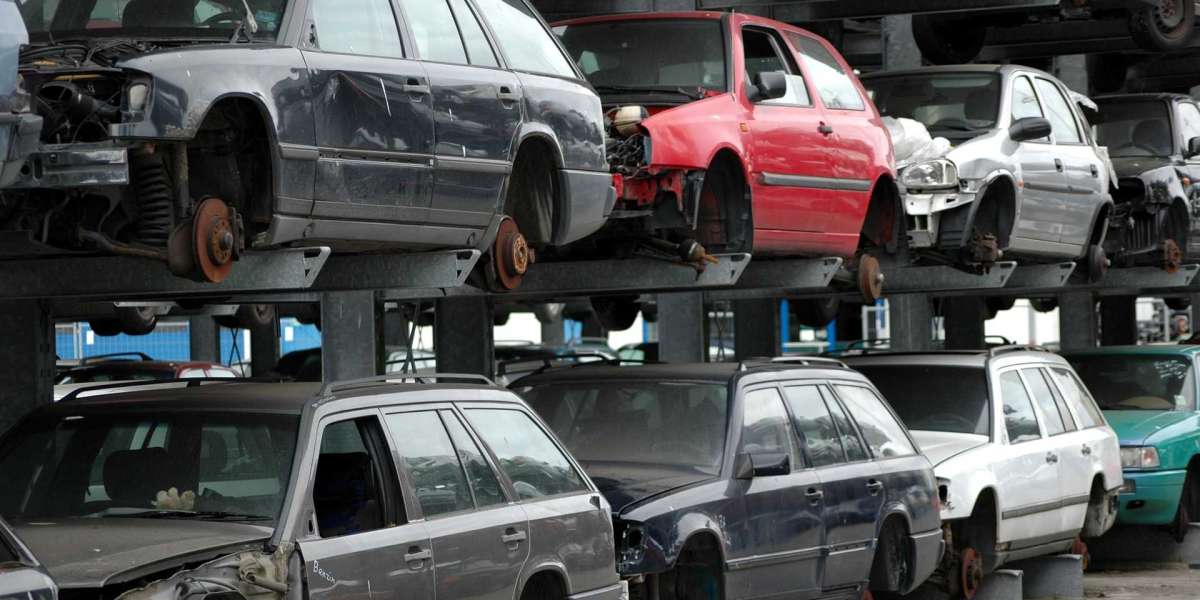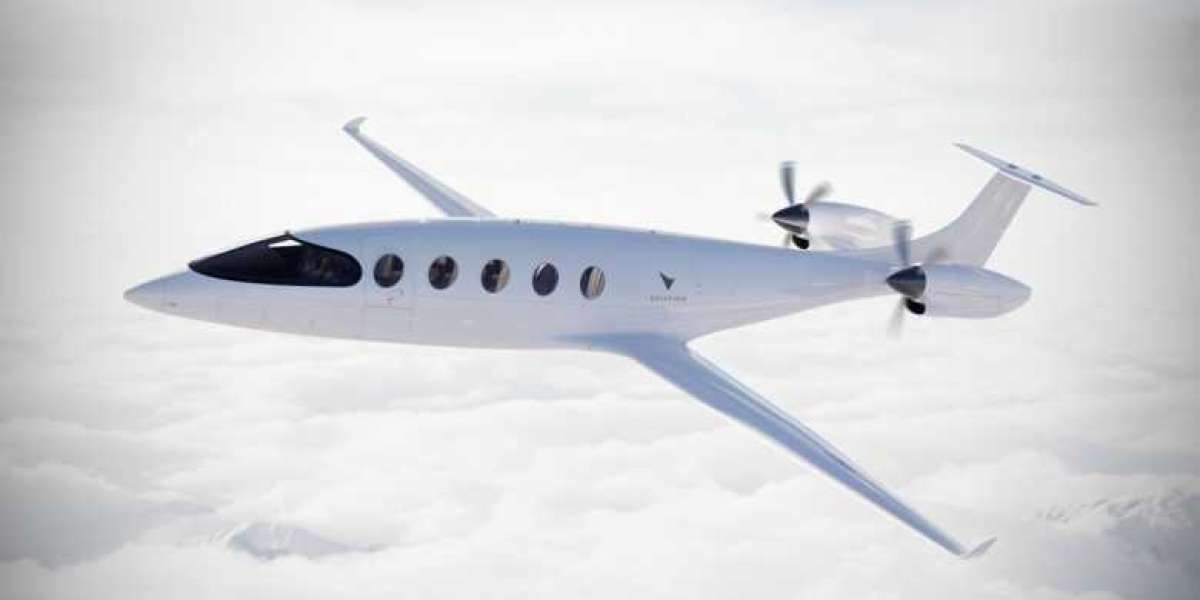Due to a scarcity of semiconductors and challenges in the supply chain caused by the Ukraine conflict, German automaker Volkswagen has announced that it would no longer accept orders for plug-in hybrid vehicles starting on Wednesday, January 16.
Orders for plug-in hybrid versions of Volkswagen's Golf, Tiguan, Passat, Arteon, and Touareg models will not be accepted until further notice, and deliveries on orders that have already been placed may not be completed this year, according to the auto manufacturer.
Because of the tremendous demand for our plug-in hybrid vehicles, we have a large number of unfulfilled orders that we are working to rectify, according to a Volkswagen spokeswoman.
We are unable to accept new orders for plug-in hybrid electric car models in Germany as a result of the high demand and supply constraints in the semiconductor industry, he added, adding that the Russian invasion of Ukraine had an impact on the decision.
According to Reuters, the crisis in Ukraine has had a devastating impact on vehicle manufacturers around Europe. Ukraine and Russia are minor marketplaces, and corporations are more concerned with procurement, which is largely concerned with cables from Ukraine and raw materials from Russia, than with other aspects of their operations.
They point out in VW that the unpredictable regulatory climate is another factor in their choice on order placement. Volkswagen: As part of the green transition, a debate on whether the state should continue to support the purchase of this sort of automobile with large amounts should be begun in Germany in the second half of this month, possibly as early as this week.
Environmental organizations and authorities expressed concern about plug-in hybrid vehicles after studies revealed that they pollute more than previously assumed and should not be treated in the same way as battery-powered electric vehicles when it comes to government subsidies.
Volkswagen sold 309,500 plug-in hybrid vehicles last year, a 61 percent increase over the previous year.
Following the notification of the order cancellation, Volkswagen announced the suspension of production in Russia as well as the temporary suspension of production in numerous plants in its home country of Germany.
Volkswagen's main facility in Wolfsburg will be closed from March 14 to March 18, according to the company, which also stated that the plant in Zwickau, which manufactures electric vehicles, should close by March 18.
Volkswagen's Hanover and Dresden facilities, as well as two plants in Poland, were all shut down, according to the company's statement.



